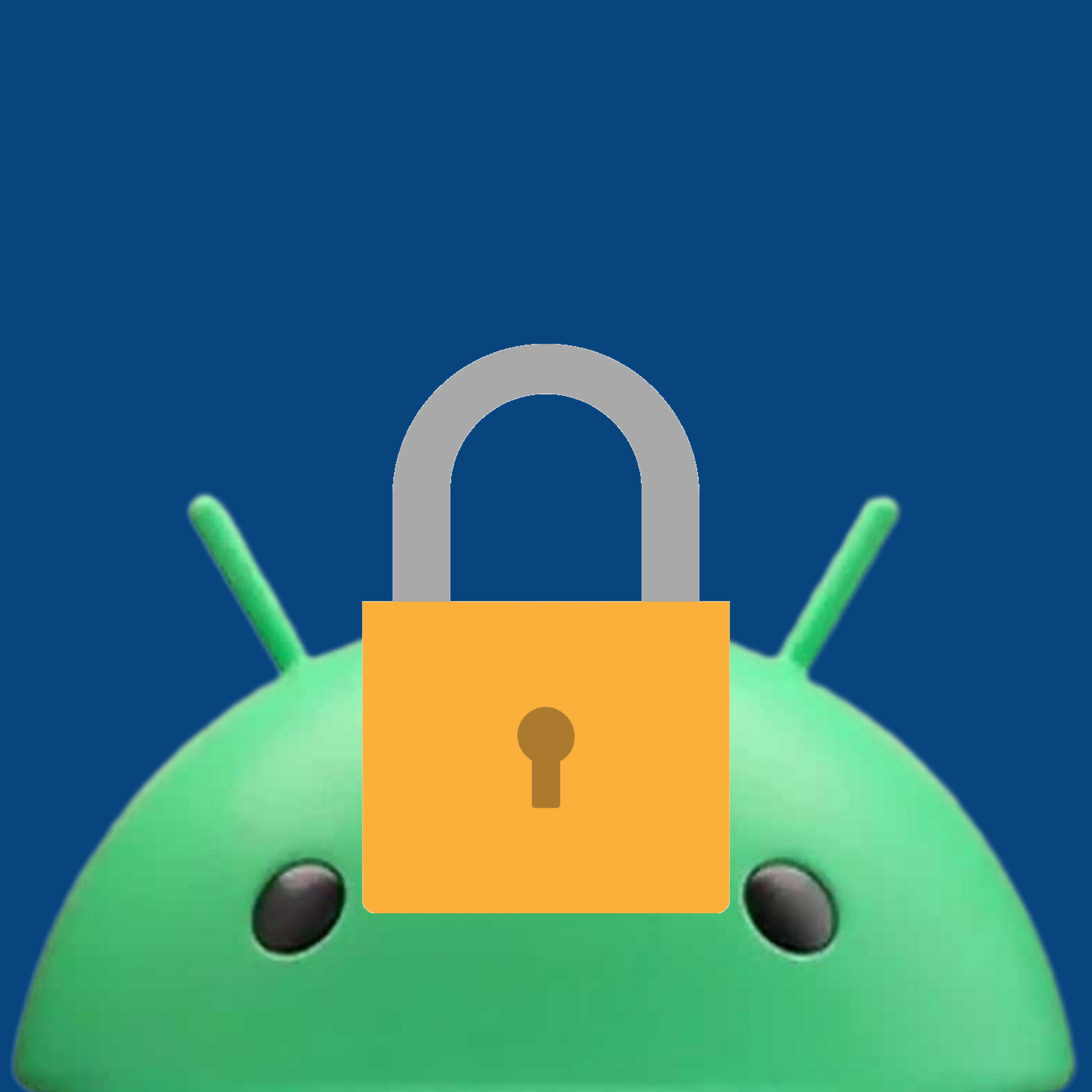

I’m saying the very idea that you need to ever even think about this as a defense against the enemy is the hobby. There’s only a battle to be fought here if you want there to be, and most people don’t want that. The impact on their lives is not actually tangible. Ad tech doesn’t really hurt anyone. No one likes it, and at best, it feels a little gross, but feeling vaguely icky is not the kind of tangible impact that reliably drives people to action. What happens to you when Facebook or Google bundle you into anonymized groups of eyeballs and promise advertisers that they’ll show you ads relevant to the profile they’ve built of you? Nothing really. If you think about the way they built that profile by tracking your every move online, then yes, it feels creepy, but that’s it.

https://pi.math.cornell.edu/~mec/2003-2004/cryptography/diffiehellman/diffiehellman.html